One(ish) Year Of Backyard Birding
Words + Photos by Rich Nardo
As someone who loves nothing more than being out in nature but has a demanding day job that really limits how much time they can do so, the realization of just how much exposure to wildlife I could get right in my suburban backyard has been a huge blessing. I’ve had a bunch of conversations with other photographer friends lately about how many amazing species we have here on Long Island that no one seems to know about. The fact that in the last year alone, I’ve been able to photograph over 20 species of birds (and see another 20 or so) in my backyard really brings that point home.
I wanted to write an article to accompany a reel I made highlighting a bunch of these species. I’m only going to go into a few species from each “category” to avoid turning this into a TLDR article, but my hope is that anyone who reads it has the realization that it’s worth spending a little time taking a look around their own neighborhood. After all, on Long Island, you never know what kind of awesome surprise might be hiding in plain sight right around the corner!
Birds of Prey
Cooper’s Hawk
Cooper’s Hawks are one of a handful of species we have around here that are often misidentified as a Red-Tailed Hawk. Once thought to be averse to human-occupied territories, Cooper’s Hawks are becoming more and more common in Suburban and Urban areas. They’re known for their ability to cruise through dense woodlands at high speeds in pursuit of their prey, usually smaller birds.
Sharp-Shinned Hawk
Another “this is not a red-talied hawk” species, Sharp-Shinned Hawks actually look like smaller Cooper’s Hawks. They are one of the smallest accipiters in North America and, like the Cooper’s Hawk, are revered for their incredibly skilled and acrobatic flying skills (take that Maverick!). They come to Long Island in the Fall when they migrate south out of Canada and their populations can really explode in the area during their time on the island.
Osprey
One of my favorite species in the world, the return of the Ospreys in the spring is something I look forward to all winter. Ospreys are also known as “Seahawks”, which is appropriate being that they are among the most efficient anglers in the world. I wrote an entire article about Ospreys which can be found here.
Songbirds
Northern Cardinal
A fairly common backyard bird, catching sight of a cardinal in your yard never gets old. There is a reason why this vibrant red songbird is the state bird of seven states. They’re also easy to attract to your yard and will find almost any birdfeeder you have set up. However, they are most attracted to sunflower seeds if you’re looking to better your chances of getting one in your yard.
White-Throated Sparrow
We have many species of sparrow on Long Island, but the white-throated variety is probably my favorite. The striking yellow brows are unique within the species, and they’re just rare enough that birdwatchers get an extra jolt of excitement when they catch sight of one. The White-throated Sparrow comes in two color forms: white-crowned and tan-crowned and they tend to mate with an individual of the opposite morph. Males of both color types prefer females with white stripes, but both kinds of females prefer tan-striped males.
American Goldfinch
Like Sparrows, there is no shortage of finch diversity on Long Island. The bright yellow American Goldfinch just happens to be one of the most eye-catching. When goldfinches pair-up, they develop an almost identical flight call. It’s possible that they do this in order to distinguish members of various pairs in the area by their calls.
Blackbirds
Raven
Okay, so the Raven doesn’t technically belong with the other three listed here. Ravens are Corvids which makes them more closely related to the Blue Jay than they are to a Grackle, but we’ll leave them here as they are “black birds”. Ravens are one of the most intelligent animals (not just birds) on the planet, and they actually have the ability to recognize individual humans. If you are feeding them regularly, Ravens will occasionally start bringing gifts in the form of shiny objects that they think you will like. They’re also super playful with each other, which makes them a lot of fun to have in your backyard ecosystem.
Grackle
While grackles look like like crows and ravens, they’re actually members of the Icterid family. They congregate en masse with red-winged blackbirds and starlings in late winter creating an epic scene as they fly through the sky. They are intelligent and can be a bit dominating around the feeder, but they are very beautiful to see.
Red-Winged Blackbird
One of my favorite Icterids, red-winged blackbirds seem to be getting more and more plentiful on Long Island during the months where their migration find them here. That one little pop of red and white against a deep black is stunning, and easily recognizable amongst the many species that they tend to flock with (grackles, starlings, cowbirds). The murmurations can reach thousands of individuals as they perform what is often referred to as an ‘aerial ballet’.
Starling
Starlings are often disregarded due to their large numbers. They’re also invasive, which serves as a major strike against them. However, one of my favorite signs of spring is seeing the starling plumage shift from the black with white speckles of their winter look to the brilliant greens and purples that appear as the weather warms up.
Miscellaneous
Monk Parakeet
The monk parakeet has become a year round staple of many south shore Long Island communities. It’s said, that they could have originated from a broken cargo freight at JFK in the 60s, but they have really made a home of it here in New York. You can read more about the “JFK Parakeets” in this article: The Monk Parakeet: A New York Success Story.
Downy Woodpecker
True confession…I get irrationally excited when I hear a downy woodpecker going to work on one of the trees in our backyard area. I’ll, almost without fail, grab my camera and get outside as quickly as possible. The males of the species have a striking red nape, but both sexes are truly beautiful with their black and white patterning.
Rock Dove
Yes, a rock dove is just a fancy way of saying common pigeon. You may see them as a nuisance or a ‘rat with wings’, but be honest…if you came across one of these largish birds with phosphorescent purples and greens (or one of the other color morphs) cooing peacefully in the forest and had no frame-of-reference, you would think they were pretty cool.
And here is a breakdown of the species in the reel (in order of appearance)
House Sparrow
Song Sparrow
House Sparrow (mutated beak)
House Finch
Dark-Eyed Junco
Gray Catbird
White-Throated Sparrow
American Goldfinch
Rock Dove (White Piebald)
Mourning Dove
Rock Dove (Traditional)
Monk Parakeet
Cardinal
Downy Woodpecker
American Robin
Northern Mockingbird
Raven
Grackle
Red-Winged Blackbird
Starling
Cooper’s Hawk
Osprey
Sharp-Shinned Hawk



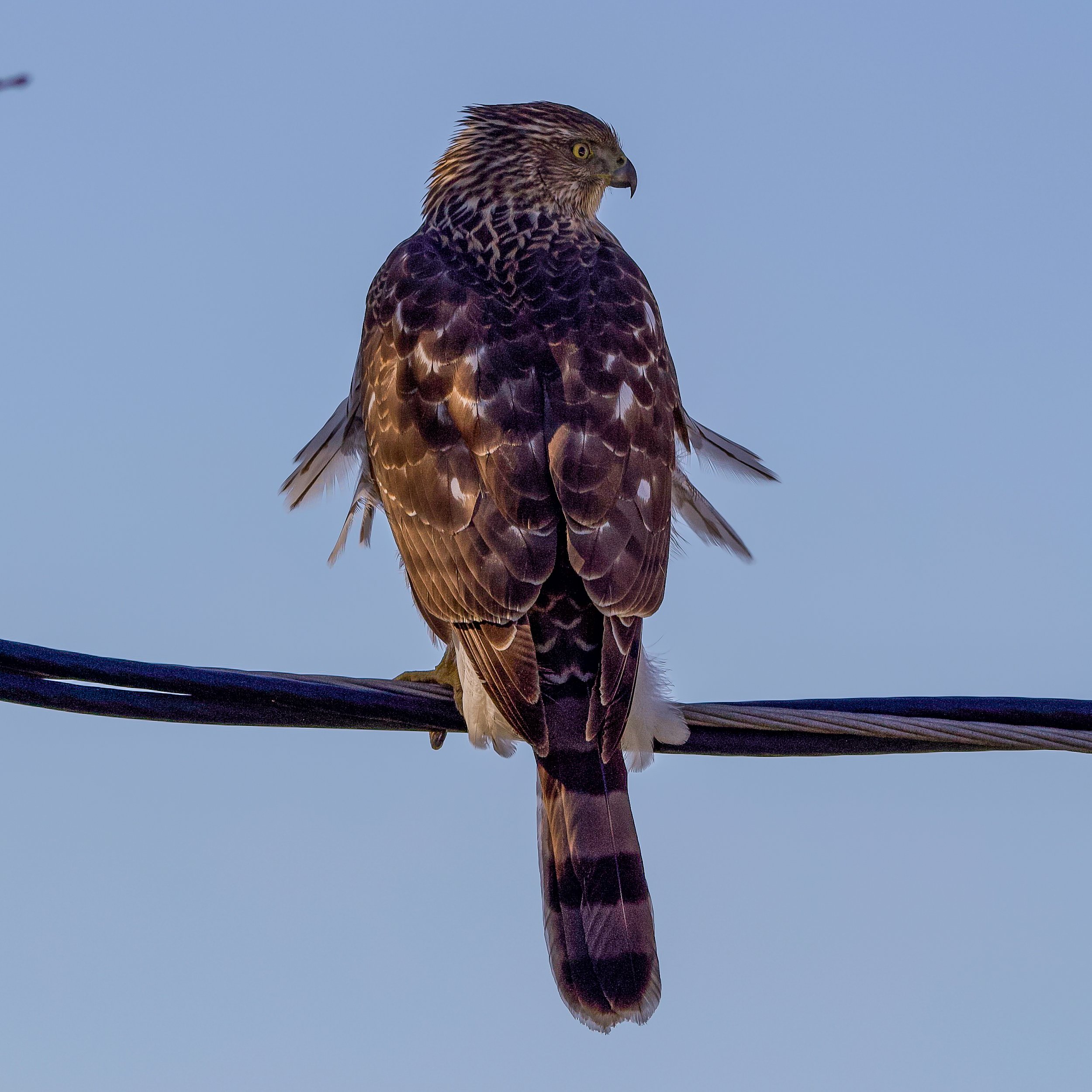
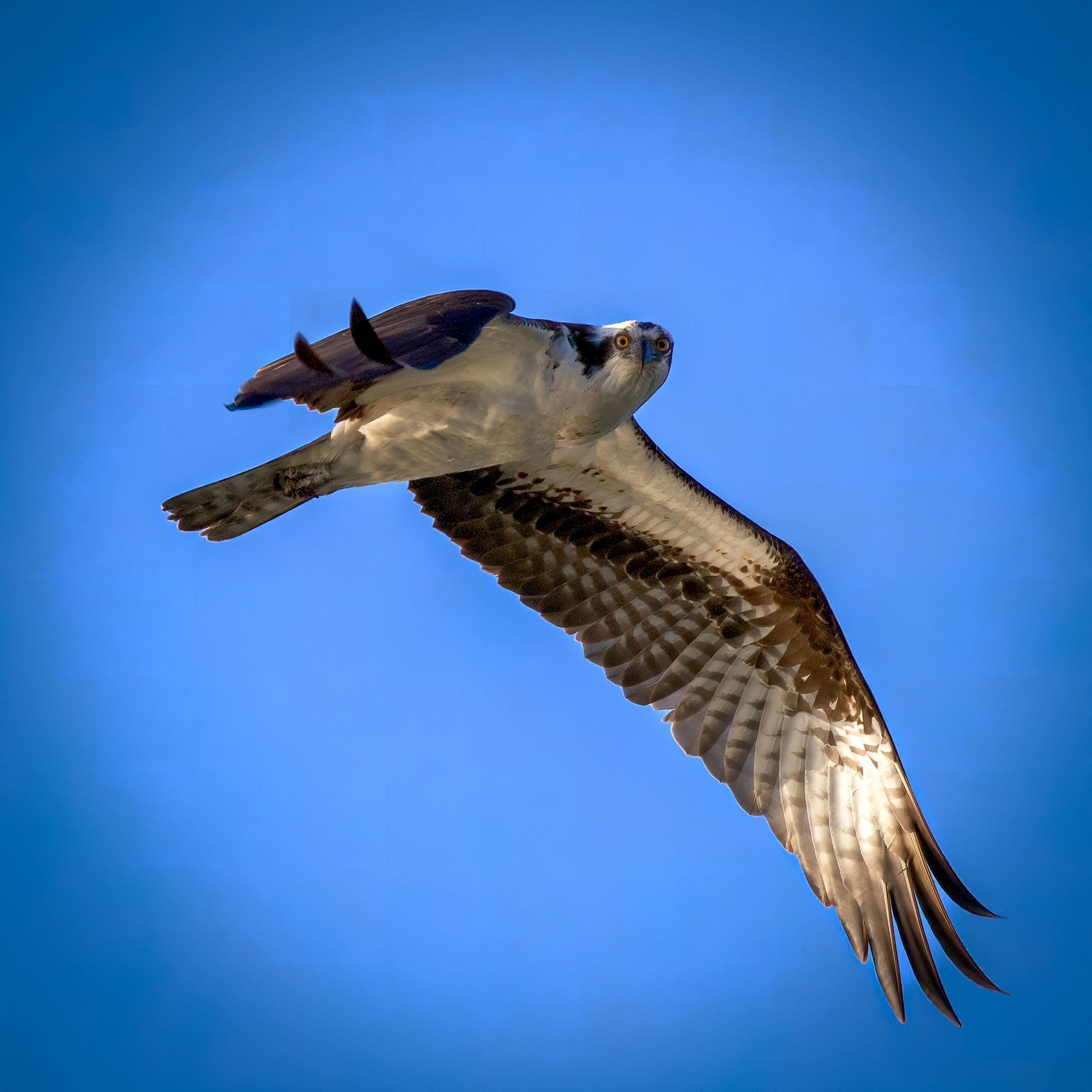
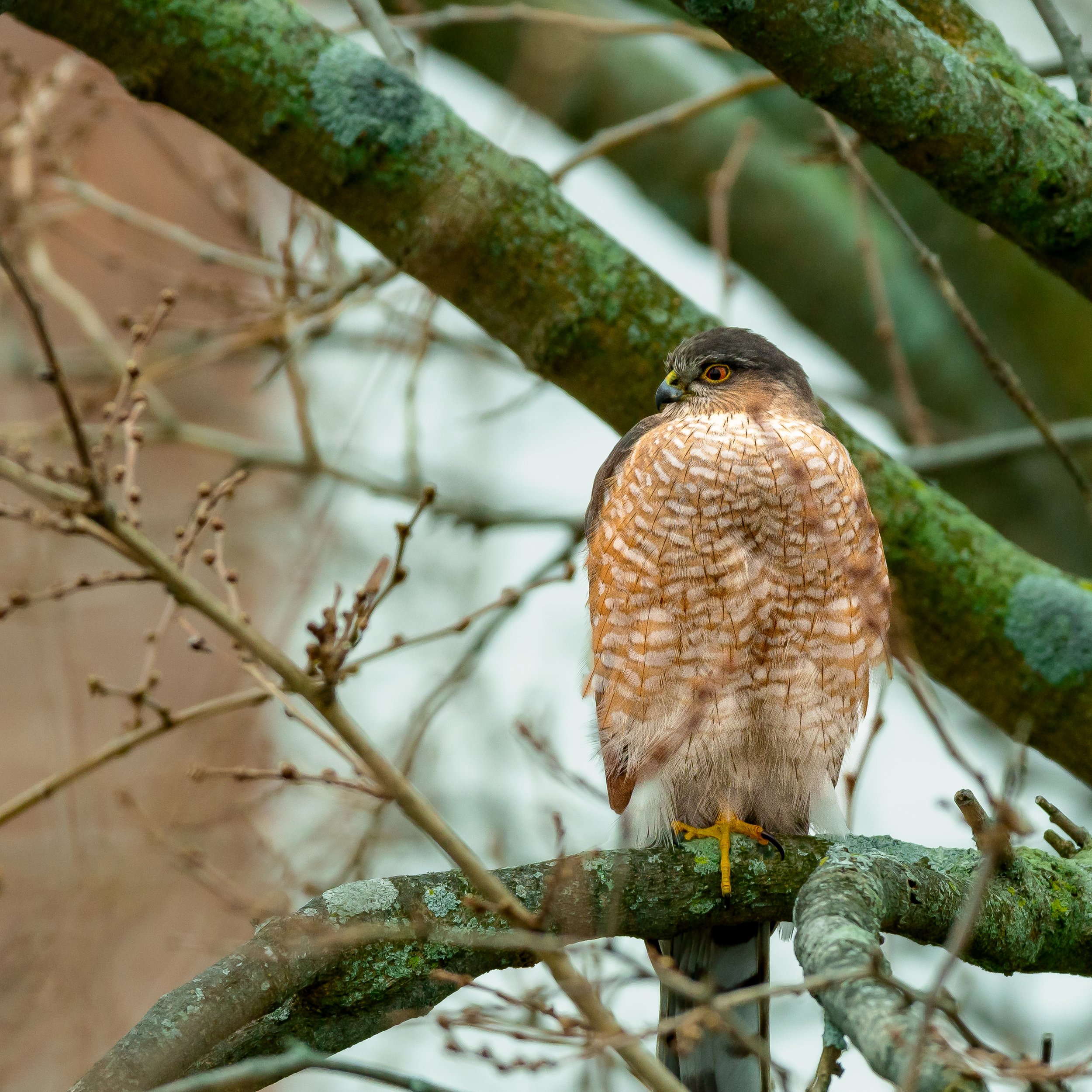
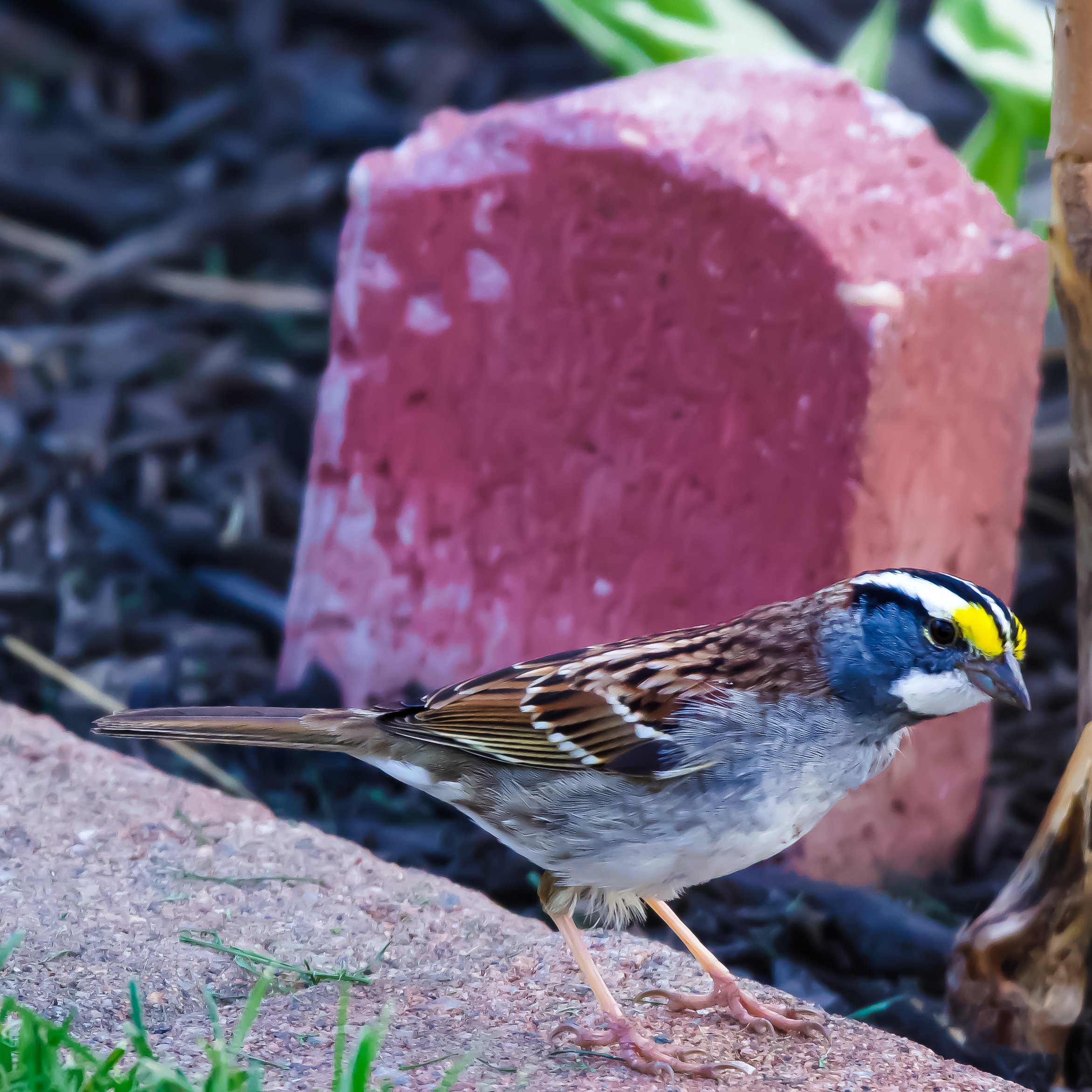
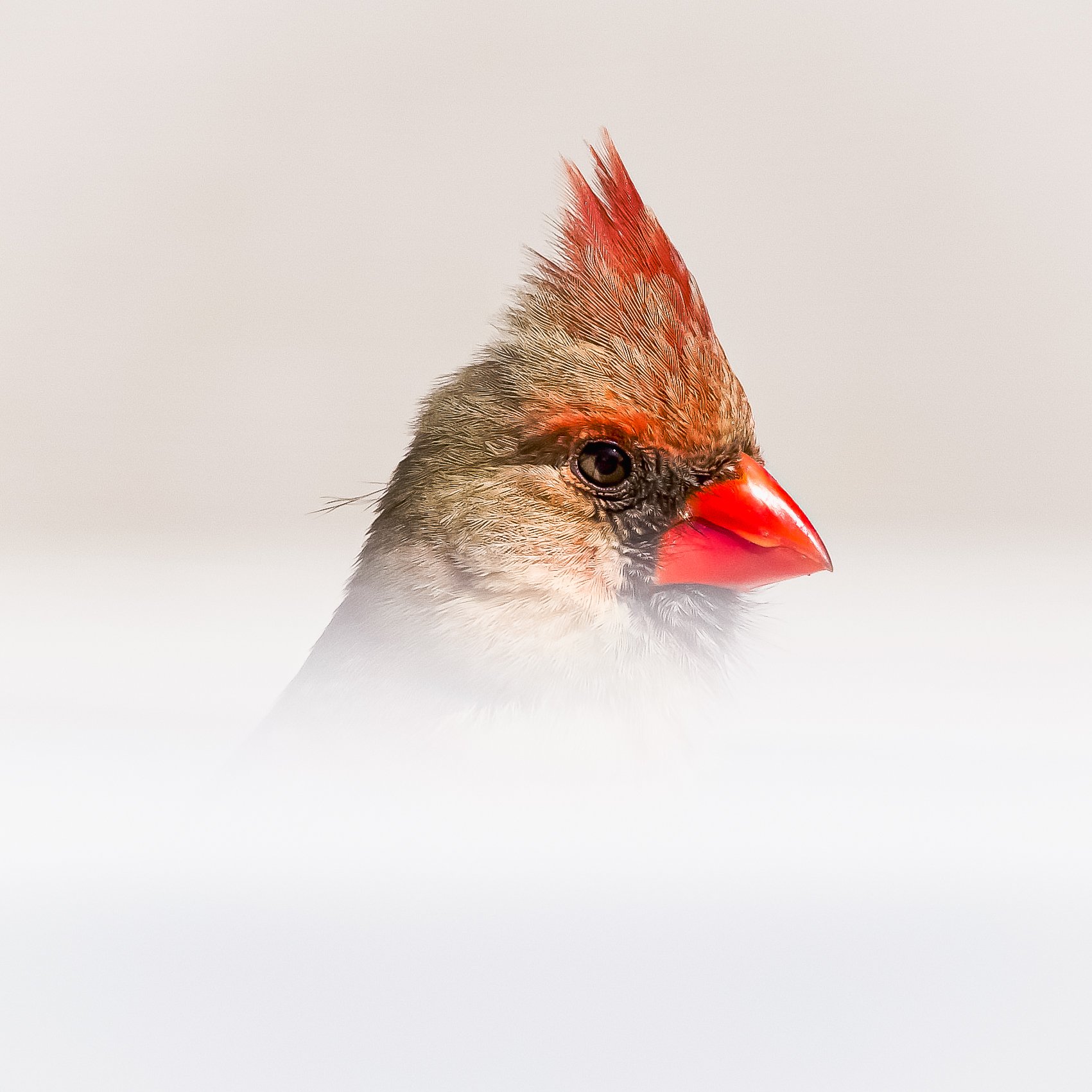
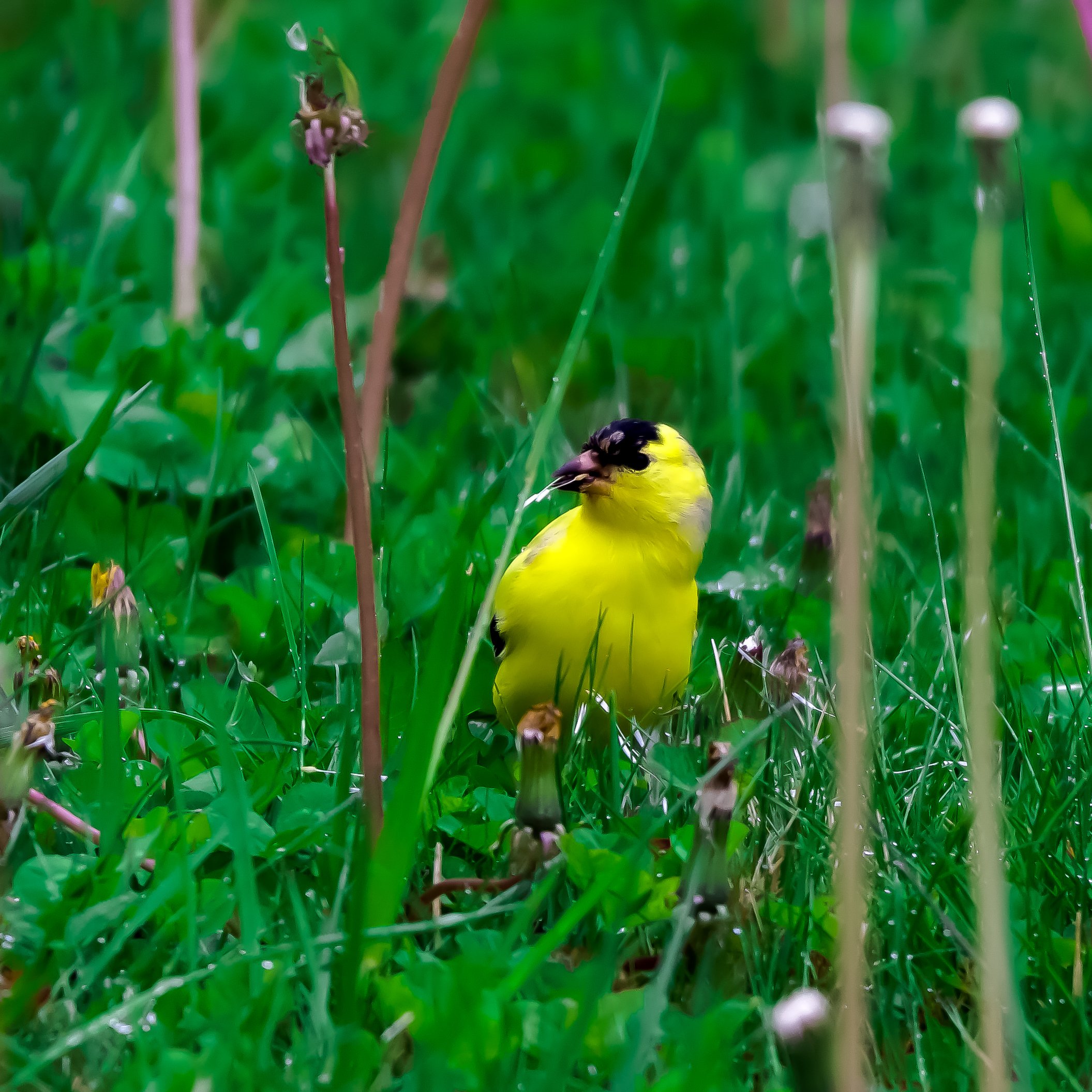
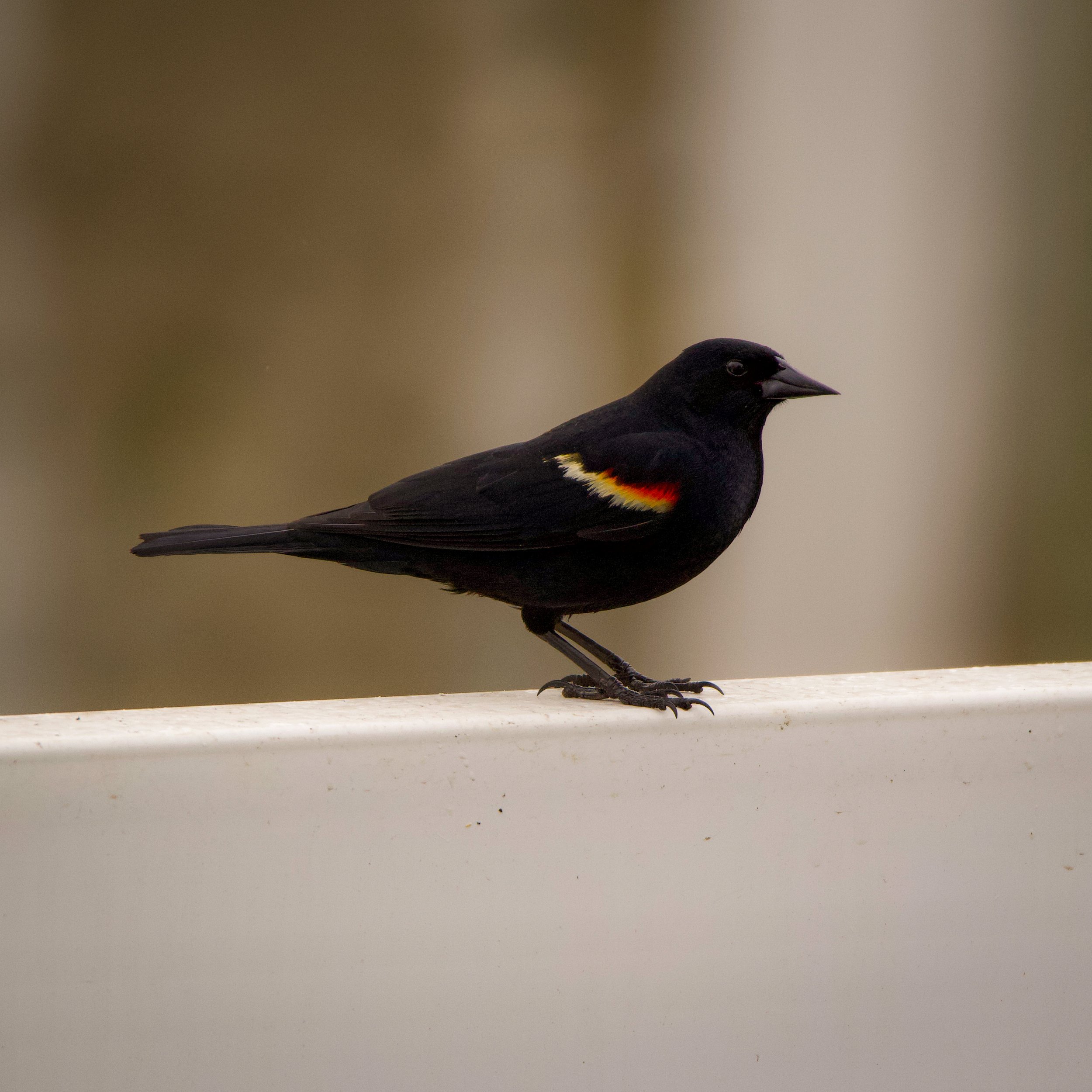
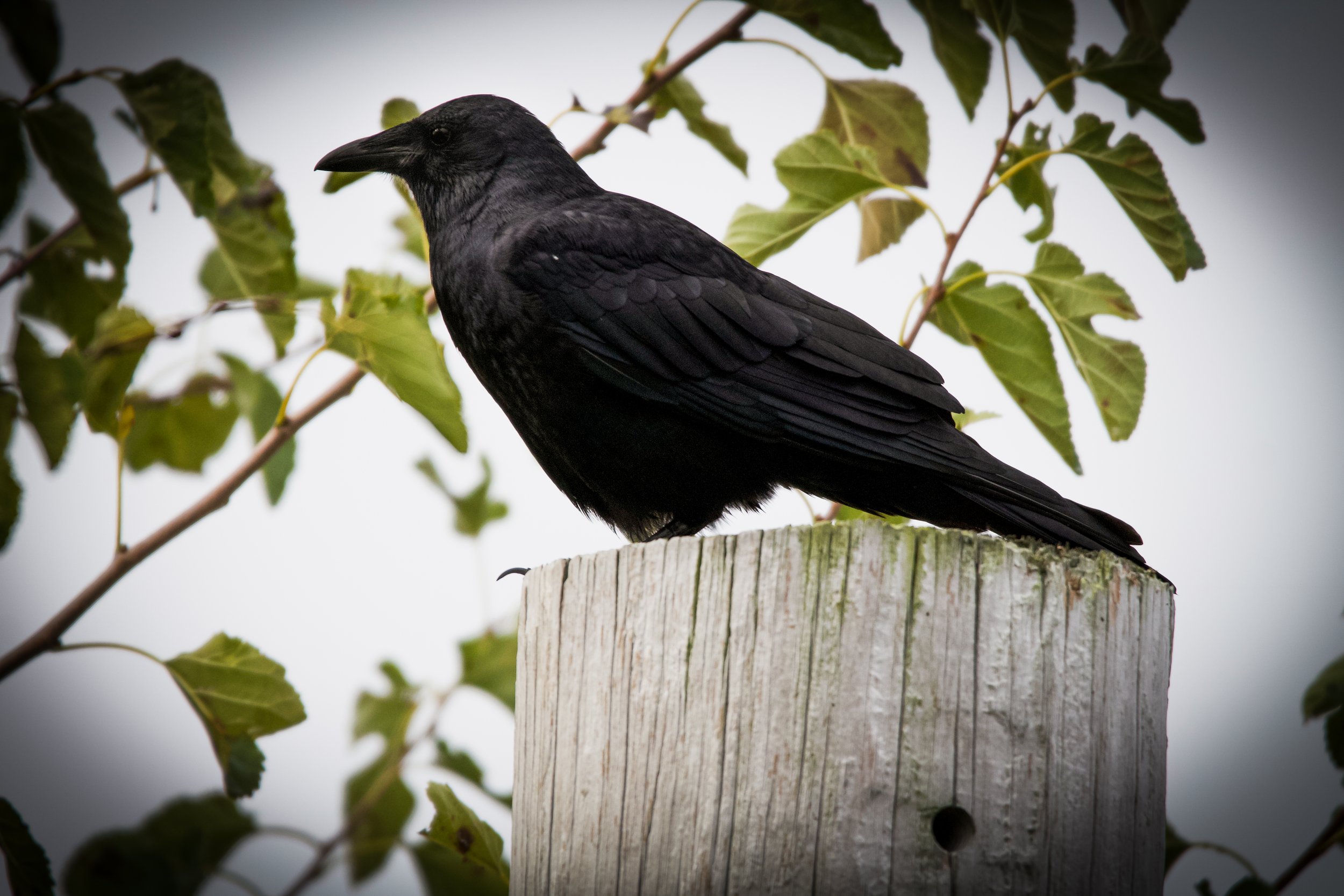
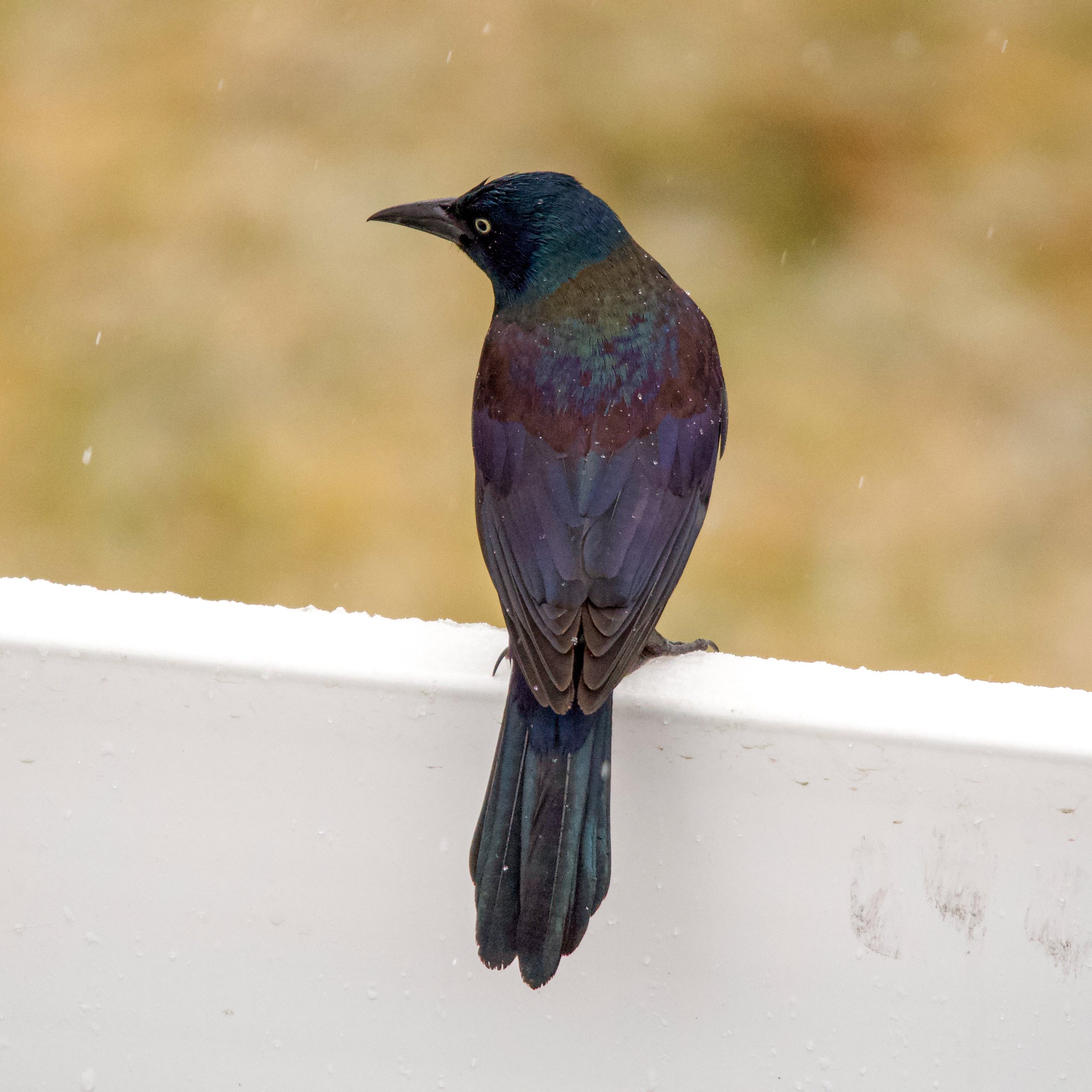

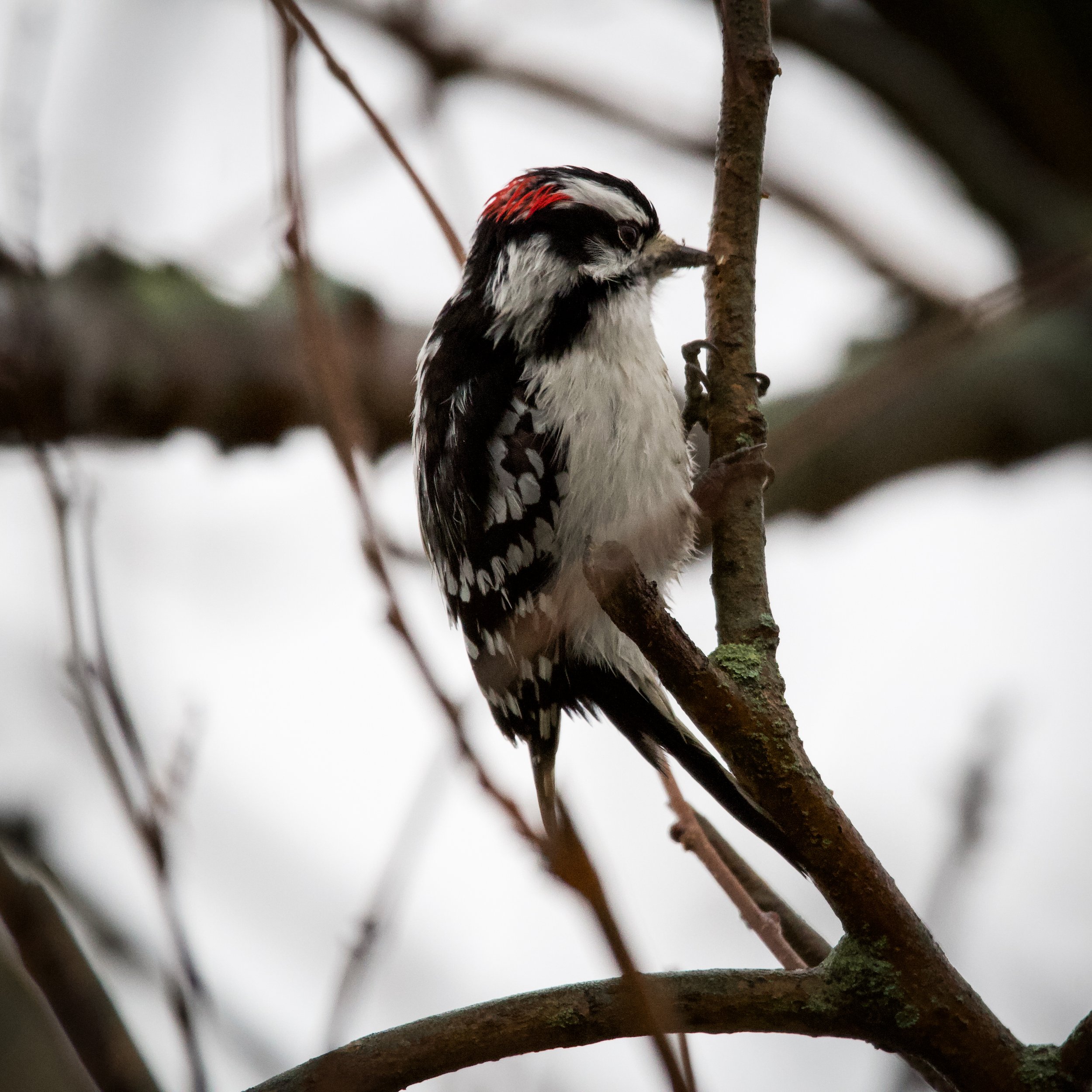
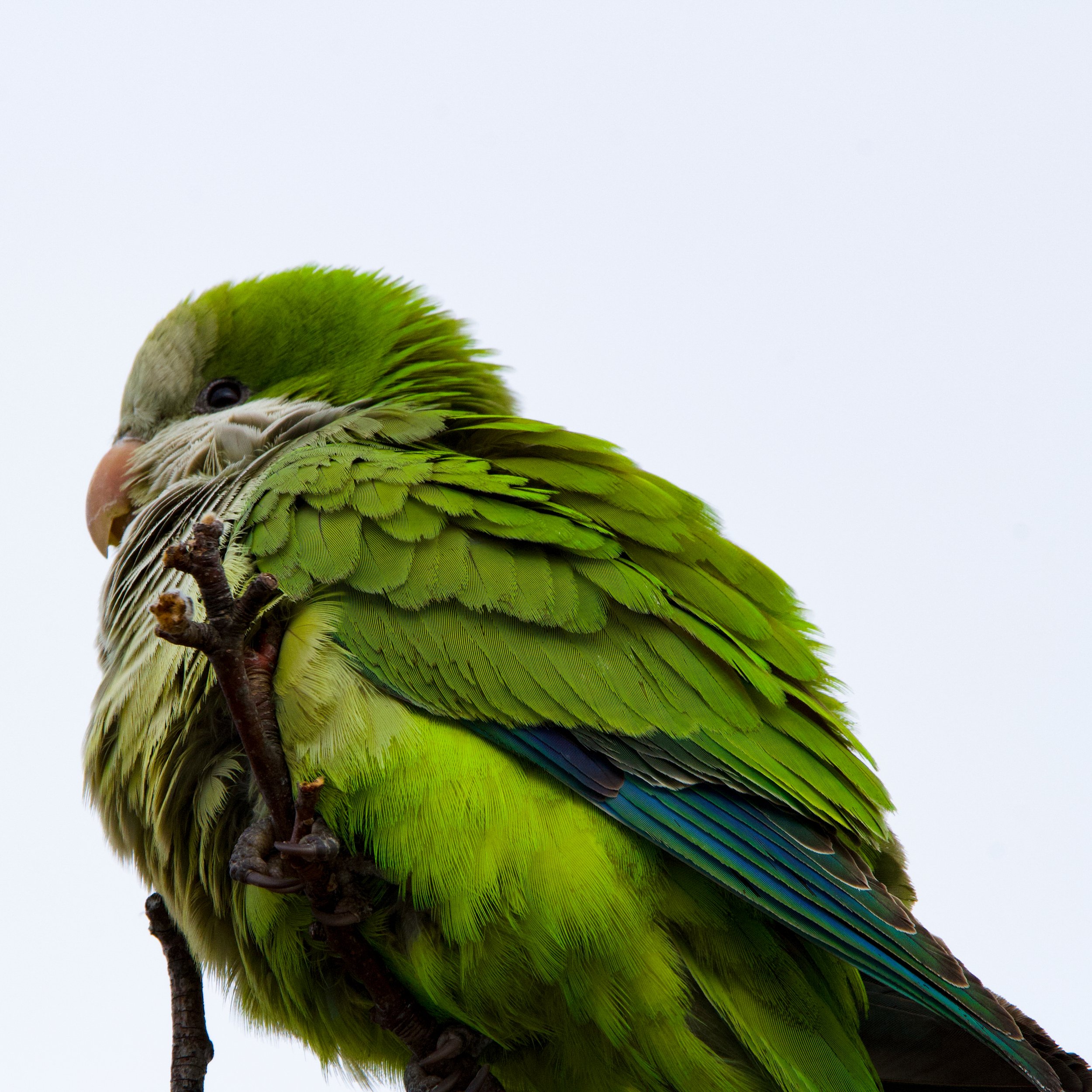
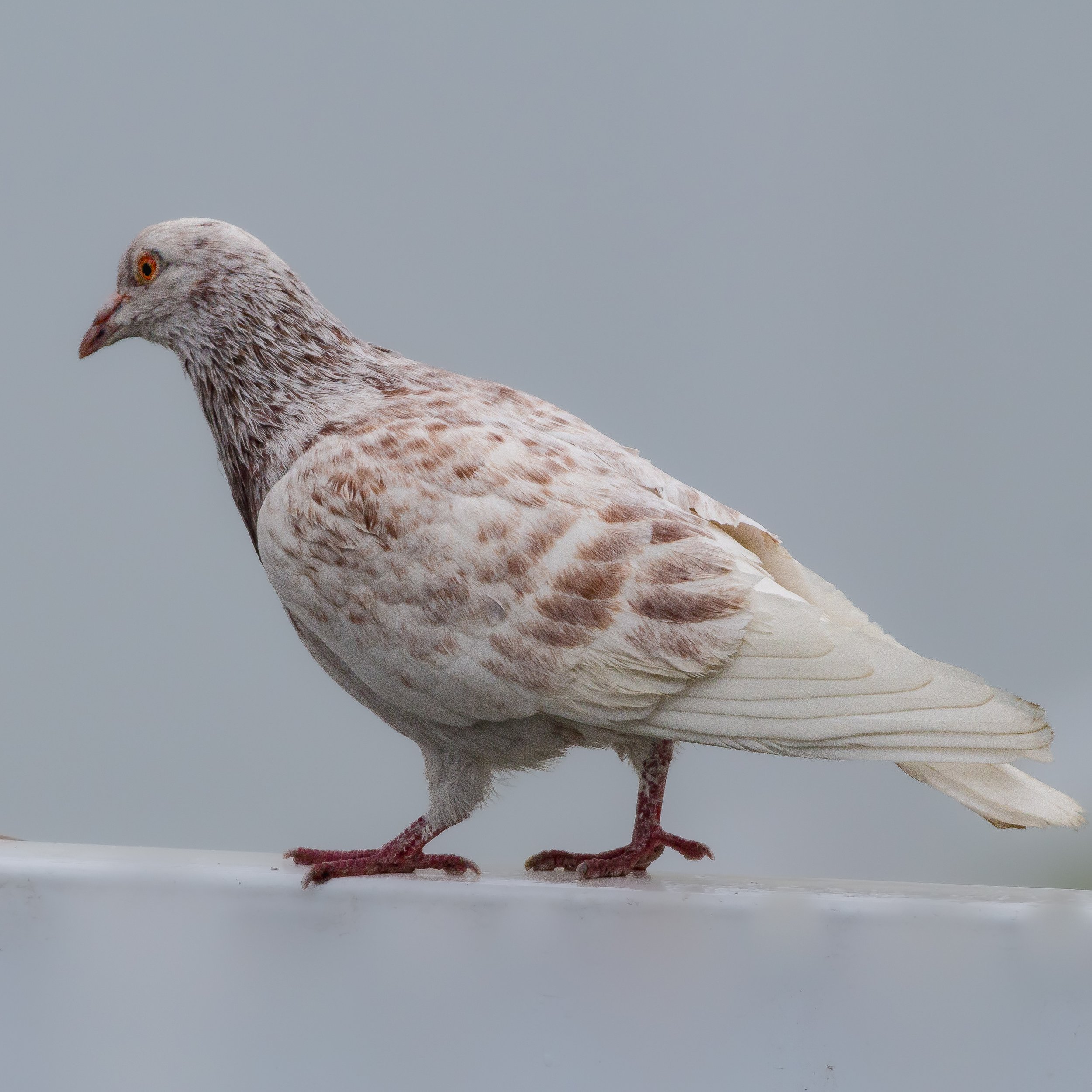


Ask any wildlife photographer or explore based on Long Island and they’ll tell you that our home turf does not get nearly the credit it deserves when it comes to species diversity. In fact, I think it’s safe to say that most people think Long Island has a couple of raccoons, a possum here and there, and way too many deer out east and that basically sums it up.
This couldn’t be further from the truth. So for this article, we worked with some of the best wildlife photographers based on Long Island to highlight 10 species that most people might not know we have here.